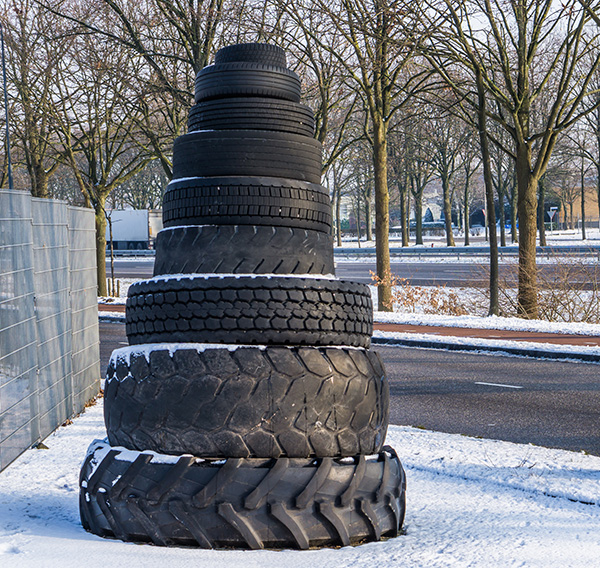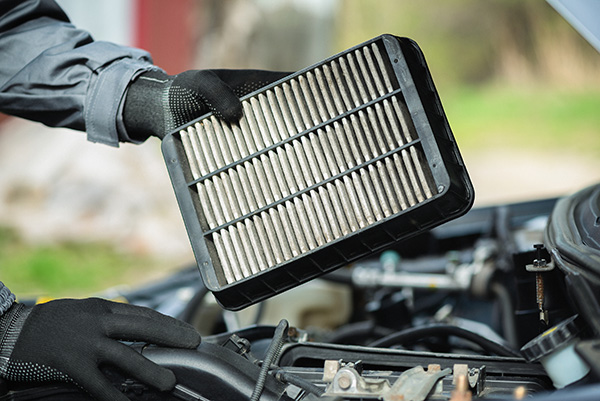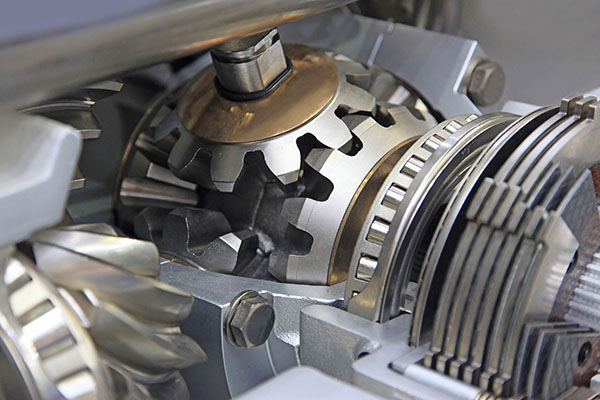Posted on 6/28/2024

Ever caught a whiff of gasoline inside your car and thought, "Is this normal?" While it might seem like a minor inconvenience, a gas smell in your vehicle is a serious issue that shouldn't be ignored. These are the potential dangers of driving a car that smells like gas. Fire Risk Driving a car that emits a gasoline odor is more than just a nuisance—it's a red flag. One of the most immediate dangers is the risk of fire. Gasoline is highly flammable, and even a small spark can ignite a fire if there's a leak. The danger is real and immediate whether the leak is from a damaged fuel line, a faulty fuel injector, or a compromised fuel tank. A fire can cause significant damage to your vehicle and, more importantly, endanger your life and the lives of those around you. Health Risks Health risks are another major concern. Inhaling gasoline vapors is harmful and can lead to headaches, dizziness, nausea, and respiratory issues. P ... read more
Posted on 5/30/2024

Ensuring you have everything you need for a safe and enjoyable journey is important. Packing the right items can make all the difference between a smooth ride and a stressful ordeal. So, what should you pack in your car for a long drive? These essentials and a few extras can enhance your road trip experience. Emergency Essentials Safety should be your top priority when embarking on a long drive. Packing emergency essentials can prepare you for unexpected situations. Start with a well-stocked first aid kit. Include bandages, antiseptics, pain relievers, and any prescription medications you might need. A first aid kit can be a lifesaver in minor accidents or sudden illnesses. Ensure you have a roadside emergency kit. This should include items like jumper cables, a tire pressure gauge, a spare tire, a jack, and a lug wrench. Pack a flashlight with extra batteries, a multi-tool, and duct tape. These ... read more
Posted on 4/29/2024

Have you ever wondered how something as seemingly simple as the size of your car's wheels could impact your driving experience? From the sleek rims of a sports car to the rugged wheels of an off-road vehicle, the size of your wheels plays a crucial role in determining ride quality. Let's find the intricate relationship between wheel size and ride comfort, exploring the factors that influence this dynamic interplay. The Dynamics of Wheel Size When you first look at your car's wheels, you might think that their size is just for aesthetics. However, the truth is that wheel size affects more than just the appearance of your vehicle. It has a significant impact on how it performs on the road. The dimensions of your wheels can affect various aspects of your driving experience, including handling, stability, comfort, and fuel efficiency. Handling and Stability One primary way wheel size affects ride quality is through its impact on handling an ... read more
Posted on 3/29/2024

Your car's engine is like the heart of your vehicle, and just like your heart needs clean air to function optimally, so does your engine. The intake air filter plays a crucial role in ensuring that your engine receives clean and fresh air for combustion. Over time, however, this vital component can become clogged and dirty, hampering engine performance and fuel efficiency. Decreased Acceleration and Power One of the first signs of a clogged intake air filter is a noticeable decrease in acceleration and power. If your car feels sluggish or struggles to pick up speed, it could be due to restricted airflow caused by a dirty filter. As the filter becomes clogged with dirt, dust, and debris, it impedes the flow of air into the engine, resulting in reduced performance. Reduced Fuel Efficiency A dirty intake air filter can also lead to decreased fuel efficiency. When the engine receives less air than it needs for combustion, it compensates by bu ... read more
Posted on 2/28/2024
.jpeg)
Have you ever found yourself stranded with a dead car battery, wondering what went wrong? If so, you're not alone. Car battery problems are a common headache for many drivers, often leaving them scratching their heads in frustration. The Issue - Battery Drain At the heart of many car battery problems lies a phenomenon known as battery drain. Battery drain occurs when a vehicle's electrical system draws power from the battery, even when the engine is off. While some level of battery drain is normal to power essential functions such as the clock or security system, excessive drain can quickly deplete the battery's charge, leading to difficulties or a complete failure to start. Understanding Excessive Battery Drain Parasitic Draw Parasitic draw occurs when electrical components or systems continue to draw power from the battery even when ... read more
Posted on 1/30/2024

Have you ever wondered how your car manages to take sharp turns smoothly without any tire skidding or strange noises? Or maybe how it magically gets out of slippery situations or big holes? The secret lies in a less-talked-about but crucial component of your vehicle: the differential. What Is A Differential A differential is a complex mechanical component integrated into a vehicle's axle. It's located in between the wheels and is connected to the transmission through the driveshaft. It's a set of gears that allows the wheels to rotate at different speeds. What Does A Differential Do In A Car? When you take a turn, the inside wheel travels a shorter distance than the outside wheel. The differential compensates for this difference by allowing each wheel to turn at different speeds, ensuring ... read more